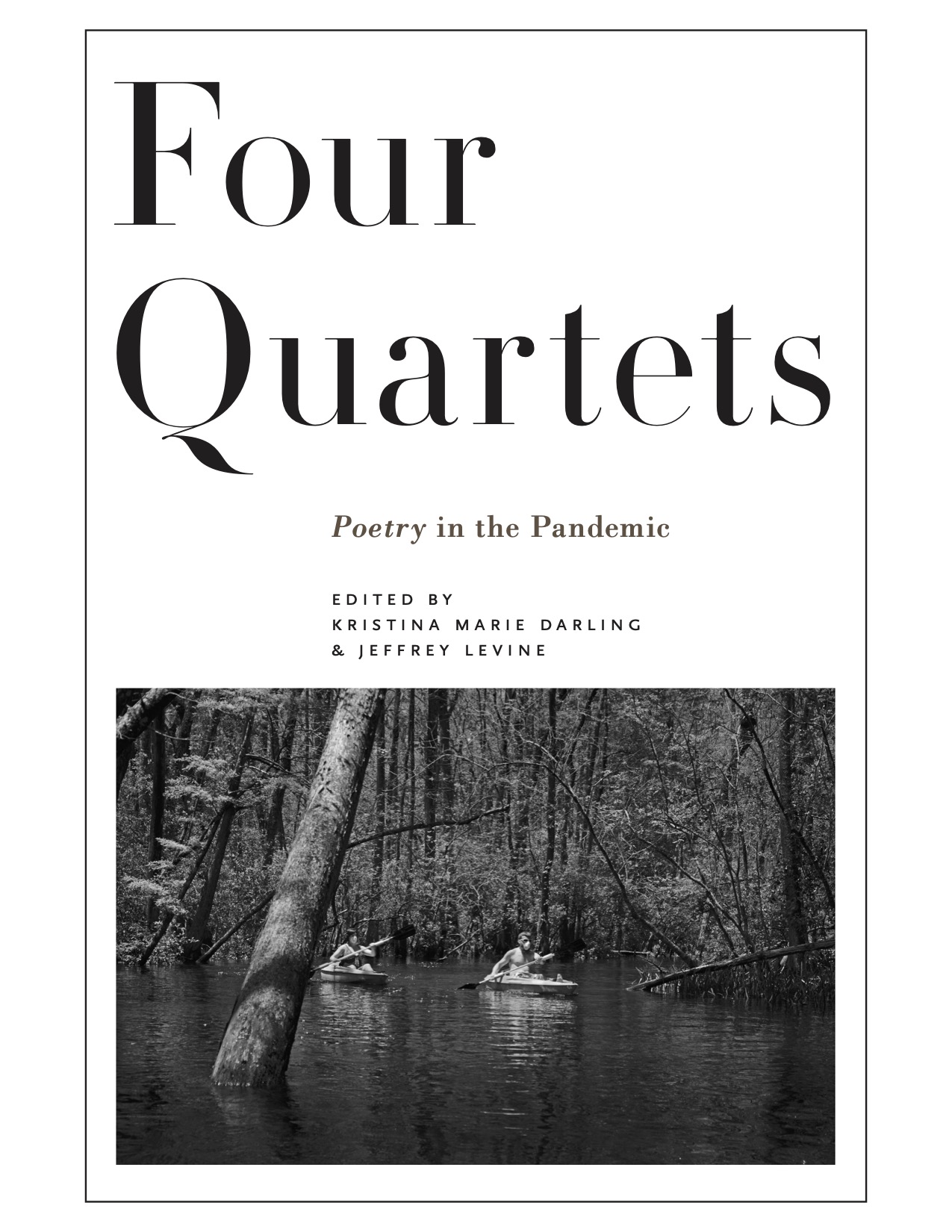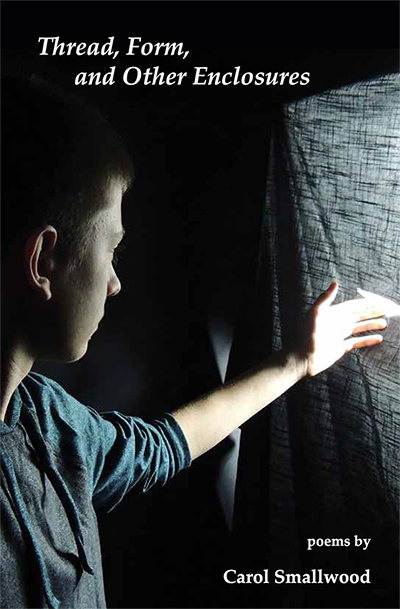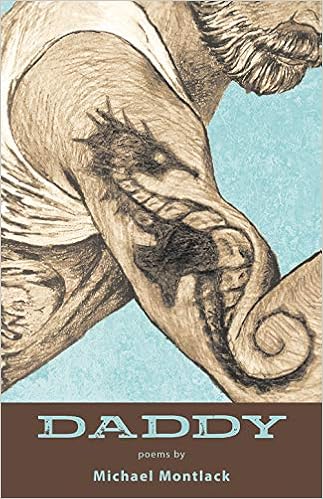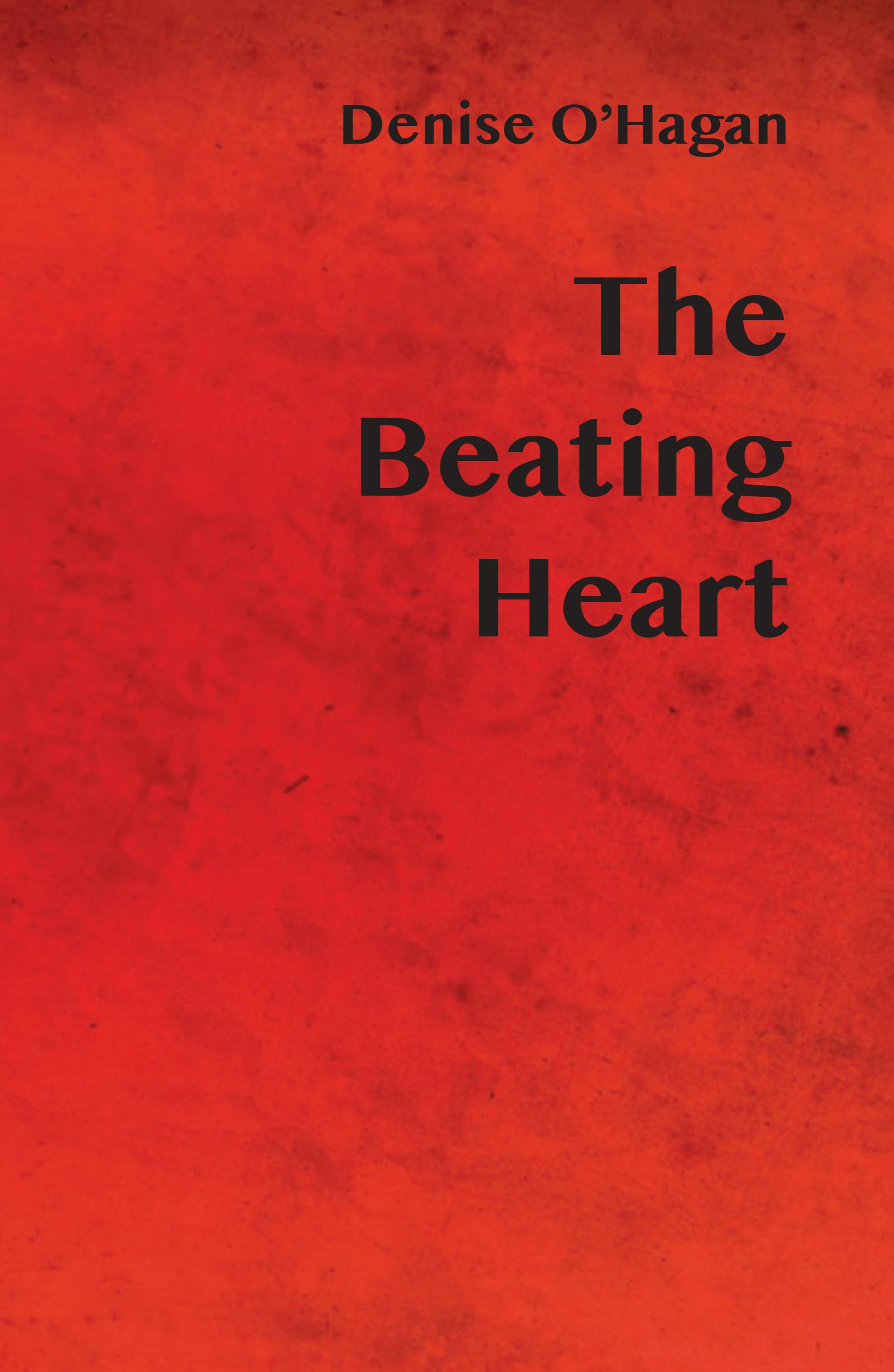 The poems, prayers and music in this collection are courageous, refreshing and from the heart. We identify and are not strangers to their expressions of love, joy, and uncompromising cries for justice, peace and healing. They address the challenging and turbulent and political and social climate we live under today. Uniting this collection is hope. The unrelenting determination to persevere.
The poems, prayers and music in this collection are courageous, refreshing and from the heart. We identify and are not strangers to their expressions of love, joy, and uncompromising cries for justice, peace and healing. They address the challenging and turbulent and political and social climate we live under today. Uniting this collection is hope. The unrelenting determination to persevere.
Tag: poetry
A review of Four Quartets Poetry in the Pandemic edited by Kristina Marie Darling and Jeffrey Levine
 The pandemic has made time blur for people. This anthology offers a variety of excellent poems by an inclusive array of artists to help us remember and acknowledge how we coped (or not.) Just as T. S. Elliot’s “Four Quartets” were originally published as stand-alone works, the chapbooks that make up this anthology by the same name can be savored separately even as we appreciate how they weave and intersect. This anthology will resonate and shine in the future as a historic literary gem.
The pandemic has made time blur for people. This anthology offers a variety of excellent poems by an inclusive array of artists to help us remember and acknowledge how we coped (or not.) Just as T. S. Elliot’s “Four Quartets” were originally published as stand-alone works, the chapbooks that make up this anthology by the same name can be savored separately even as we appreciate how they weave and intersect. This anthology will resonate and shine in the future as a historic literary gem.
A review of Alchemy by Fiona Perry
Reading Alchemy will excite your imagination. You will travel in a magic carpet to the past and present, the vivid images in the poem will become a painting in your mind. I advise: read each poem a few times and you will, with each reading discover layers of beauty and humanity.
A review of Give a Girl Chaos by Heidi Seaborn
 The book is called “Give a Girl a Chaos,” but the sub-title is “and see what she can do.” As I was reading this book, I started to hear in my mind Holly Near’s song “Fight Back,” an anthem I used to sing at rallies. Like Near, Seaborn is triumphant and resounding about women surviving chaos. She shows us that the girl who has been through chaos can catch the joy in every moment and overflow with love.
The book is called “Give a Girl a Chaos,” but the sub-title is “and see what she can do.” As I was reading this book, I started to hear in my mind Holly Near’s song “Fight Back,” an anthem I used to sing at rallies. Like Near, Seaborn is triumphant and resounding about women surviving chaos. She shows us that the girl who has been through chaos can catch the joy in every moment and overflow with love.
A review of Poems of bay, beach & harbour By Margaret Owen Ruckert
 The reader will encounter in Ruckert’s poems rich imagery and profound reflexions. The musicality of the tanka awaken the reader’s imagination. Going through the pages is like visiting Sydney beaches from Botany Bay to Manly, we get a glimpse of the beauty that surrounds this town.
The reader will encounter in Ruckert’s poems rich imagery and profound reflexions. The musicality of the tanka awaken the reader’s imagination. Going through the pages is like visiting Sydney beaches from Botany Bay to Manly, we get a glimpse of the beauty that surrounds this town.
A review of Arsenal / Sin Documentos by Francesco Levato
 Levato declutters (and de-bullshits) the pages with margin-to-margin mark-outs with a thick-ass Sharpie. His omissions reveal the national publications’ foundational intentions—to legally dehumanize and inflict harm on Latin American bodies in the name of the American state. This book is going to piss you off.
Levato declutters (and de-bullshits) the pages with margin-to-margin mark-outs with a thick-ass Sharpie. His omissions reveal the national publications’ foundational intentions—to legally dehumanize and inflict harm on Latin American bodies in the name of the American state. This book is going to piss you off.
A review of Thread, Form, and Other Enclosures by Carol Smallwood
 It is a collection to be read again and again, as each reading offers new ways of seeing and thinking, threads, forms, and other the enclosures appearing before us, evolving, changing shape and ultimately presenting us with new insights.
It is a collection to be read again and again, as each reading offers new ways of seeing and thinking, threads, forms, and other the enclosures appearing before us, evolving, changing shape and ultimately presenting us with new insights.
A review of Daddy by Michael Montlack
 Beautifully written, these haunting poems pay tribute to brave men who were thrust into the AIDS crisis, and in the midst of fear and death, supported each other in hospitals across America. There are poems about first dates, Valentines, vacations, and break-ups. There is also a lot of humor in this section, through curious and endearing situations that are entertaining to readers of all sexual orientations.
Beautifully written, these haunting poems pay tribute to brave men who were thrust into the AIDS crisis, and in the midst of fear and death, supported each other in hospitals across America. There are poems about first dates, Valentines, vacations, and break-ups. There is also a lot of humor in this section, through curious and endearing situations that are entertaining to readers of all sexual orientations.
A review of Catastroika by Charles Rammelkamp
 If you, my reader, like history and poetry you will love Catastroika, a fascinating book in which the poet, in narrative form, covers a century on Russian history from the point of view of two characters: Maria Rasputin, the daughter of the much maligned Russian spiritualist Rasputin and Alexander Federmesser, a Jewish man who goes by the name of Sasha.
If you, my reader, like history and poetry you will love Catastroika, a fascinating book in which the poet, in narrative form, covers a century on Russian history from the point of view of two characters: Maria Rasputin, the daughter of the much maligned Russian spiritualist Rasputin and Alexander Federmesser, a Jewish man who goes by the name of Sasha.
A review of The Beating Heart by Denise O’Hagan
 O’Hagan does a beautiful job of describing the Italy of her childhood—the buildings, fountains, news items, a walk with her parents, conversations, cobblestones, the loss of a friend, or a roadside drive. There’s a sense that every detail is both intensely private, and absolutely important—a universal artefact that must be shared with the reader
O’Hagan does a beautiful job of describing the Italy of her childhood—the buildings, fountains, news items, a walk with her parents, conversations, cobblestones, the loss of a friend, or a roadside drive. There’s a sense that every detail is both intensely private, and absolutely important—a universal artefact that must be shared with the reader